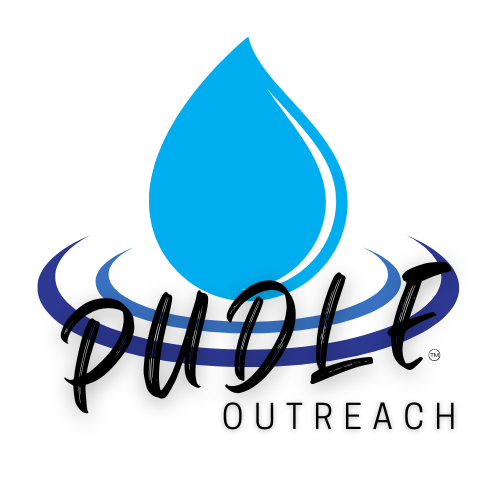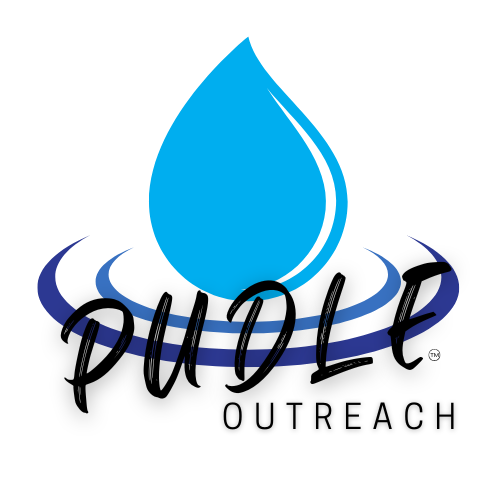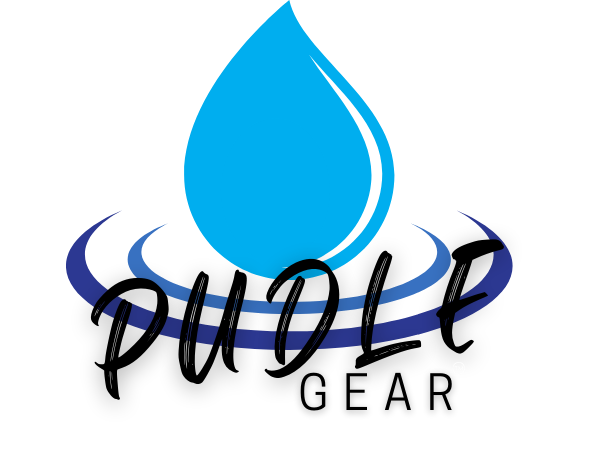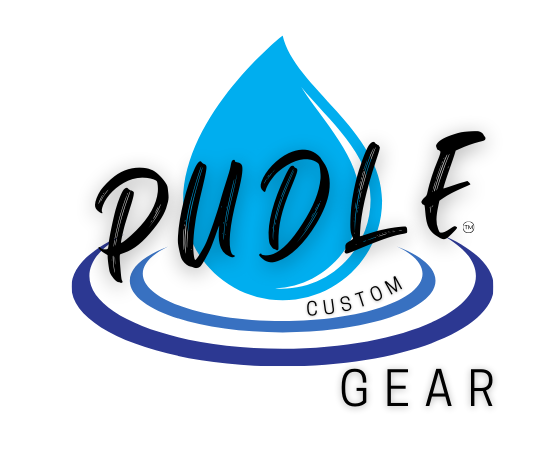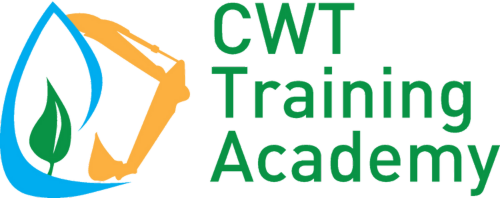All About Lakes
Clean Lakes Start with Clean Land!
Presented by T.A.R.P.,
The Amazing Rain Protector

What is a Lake?
A lake is a large, enclosed body of water surrounded by land. Unlike rivers, lakes don’t move much—they collect water from rain, snow, groundwater, and nearby streams or rivers. Some are natural, while others are human-made, like reservoirs used to store drinking water.
Why Lakes Matter
Lakes are more than just pretty places to visit - they are essential for life. Here's why:
🧃 Drinking Water Sources: Many communities depend on lakes for their freshwater supply.
🐟 Homes for Wildlife: Fish, frogs, ducks, turtles, and insects thrive in lake ecosystems.
🌿 Plant Life: Lakes support underwater plants that create oxygen and shelter for animals.
🏖️ Recreation: We swim, fish, boat, and relax by lakes—when they’re clean!
How Lakes Get Polluted
Pollution doesn't always come from big factories. It often starts right in neighborhoods, streets, and yards and gets carried into lakes by stormwater.
Common sources include:
🚬 Litter like cigarette butts, plastic wrappers, and food containers
🚗 Oil and fluids from vehicles
🧴 Fertilizers and pesticides from lawns and gardens
🐾 Pet waste left on the ground
🌿 Grass clippings and leaves blown into gutters
The pollution enters storm drains and ends up in lakes - untreated.
What Happens to Polluted Lakes?
When lakes collect too much pollution, they suffer in ways we can see - and ways we can't. Problems include:
Algae Blooms: Too much fertilizer causes green slime to cover the water, making it unsafe for people and animals.
Fish Kills: Decomposing waste and algae use up oxygen, and fish suffocate.
Murky Water: Trash and sediment cloud the water, making it less beautiful and harder for plants to grow.
Health Hazards: Harmful bacteria and chemicals can make people sick if they swim or drink from the lake.
T.A.R.P.'s Top Tips to Protect Lakes
T.A.R.P. might be all about tech, but protecting lakes starts with simple actions at home and in your neighborhood:
🧹 Keep litter out of the streets—especially near drains.
🌱 Use less fertilizer on lawns and gardens.
🐕 Pick up pet waste every time—rain can carry it into waterways.
🍂 Rake and compost leaves instead of letting them pile up on the curb.
🧽
Use car washes where water gets treated—not the driveway.

"Small changes on land make a big difference in the water."
T.A.R.P.
Stormwater Defenders
Fun Lake Facts:
There are over 117 million lakes on Earth!
Lakes support entire food chains - from algae to eagles!
Some lakes are so big they look like oceans, like the Great Lakes in North America.
Lakes don't clean themselves - pollution builds up over time if we don't stop it at the source.
Remember...
Lakes are life. Whether you live near one or visit once a year, they need your help to stay clean, healthy, and safe for everyone
- including the creatures who call them home.
